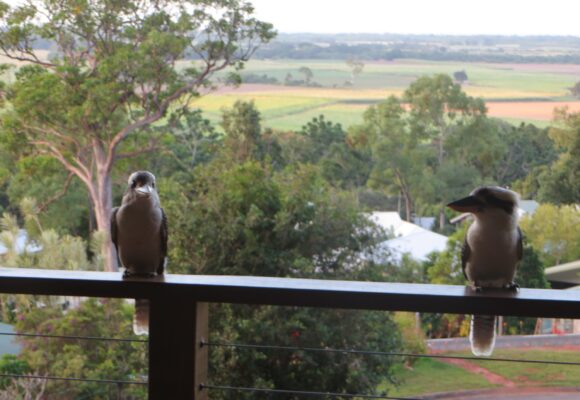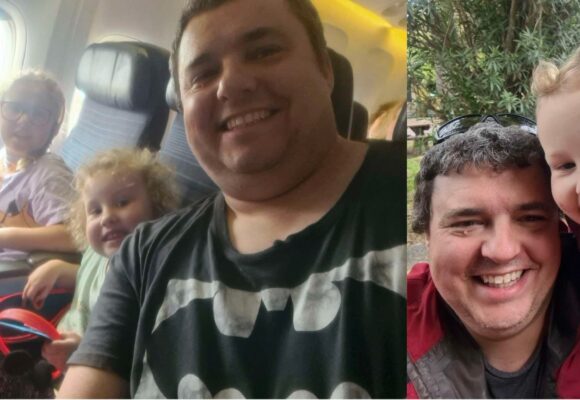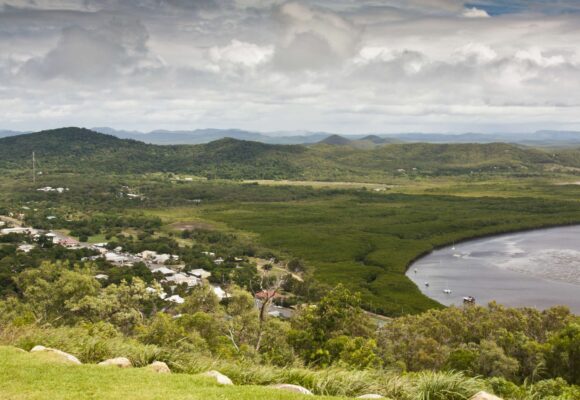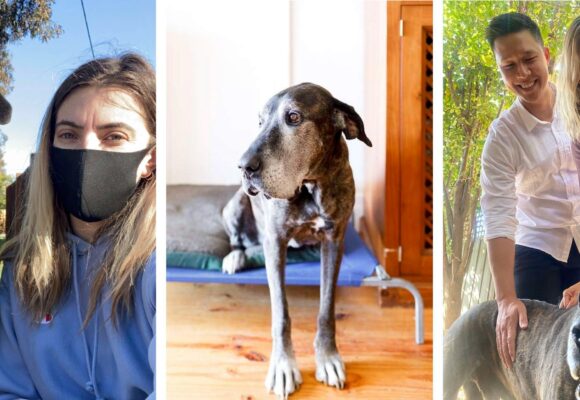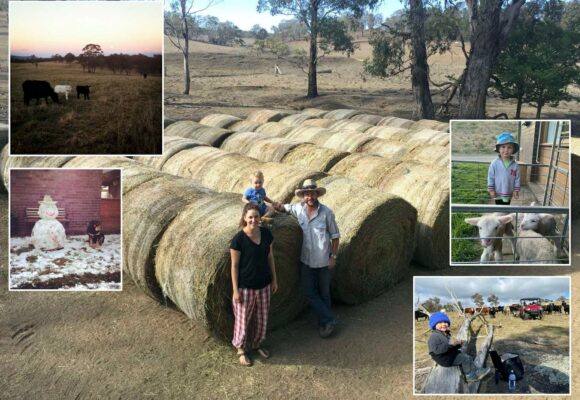RVTS 2023 Grand Round Excerpts: Part Four
RVTS 2023 Grand Round Series: Ever wondered why doctors choose to work in rural settings and what would encourage them to stay? In our 2023 RVTS Grand Round, we explored this very topic with the National Rural Health Commissioner, Adjunct Professor Dr. Ruth Stewart. Alongside her, four RVTS registrars and supervisors shared their personal experiences...
Read More
